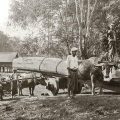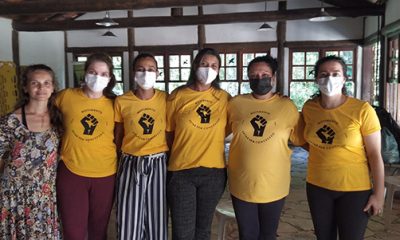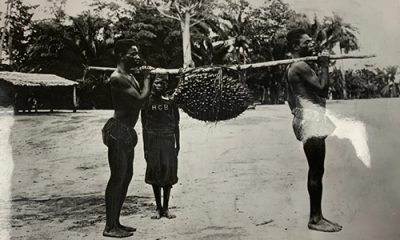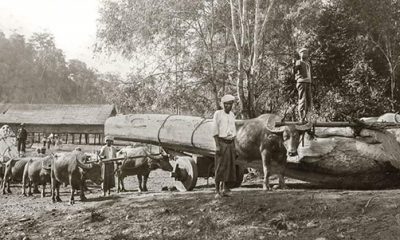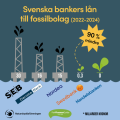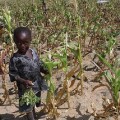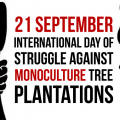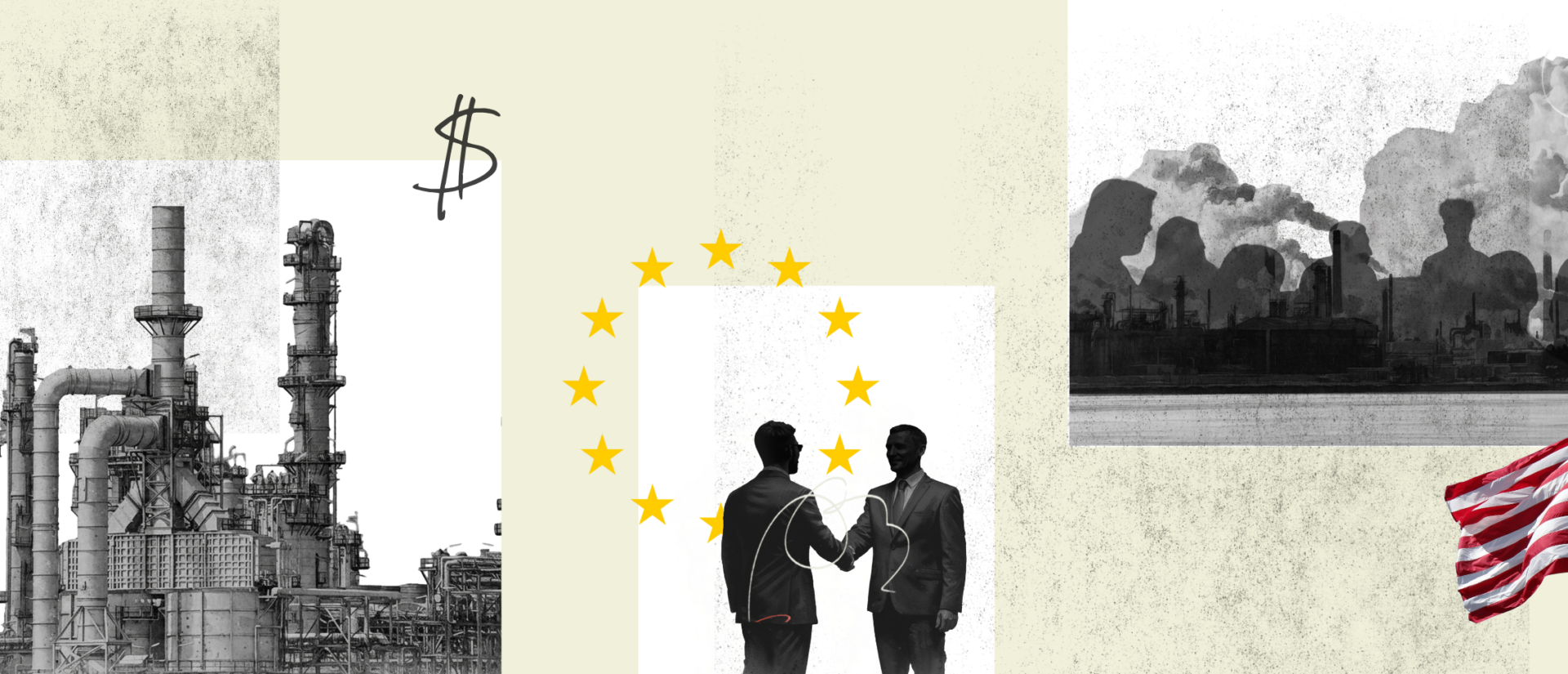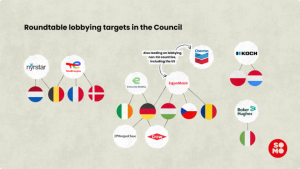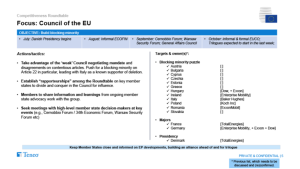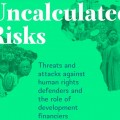What a certain historiography terms civilizational expansion or capital’s expansion has in fact been the invasion and de-territorialization of peoples and communities using much epistemic and territorial violence. Concessions have been granted in areas that are not demographic voids, a colonial concept that ignores the fact that they have been populated for millennia.
Recently, peasant populations of the Brazilian savanah (cerrado), known as Back Communities and Pasture Fencing (Comunidades de Fundo e Fecho de Pasto), have been questioning the legal instrument of ‘concession of the real right of use’ (concessão de direito real de uso) that has been proposed by the Brazilian state to regularize the lands traditionally occupied by them. Through this instrument, the state grants for a certain period of time the right of use but retains ownership of the land. This instrument has been used in situations where the social interest, including the environmental dimension, is recognized. A specificity of the Comunidades de Fundo e Fecho de Pasto is the common use made by these populations of the land and everything else that is implied – water, fauna and flora. Often in these traditional territorial units, families have land next to their homes that only they use, but at the back (fundo) there is a common use area, where fruit or wood can be gathered, including some pasture land (pasto) where animals can graze. When such common use lands are further away from people’s homes, in non-contiguous areas, they are called fecho de pasto, but serve the same purposes as those termed fundo de pasto.
The fact that some of these communities are questioning the use of this legal instrument is noteworthy because it touches on the heart of the concept of ‘concession’, an expression that alludes “to the action or effect of granting, making available, putting at one’s disposal; consent, permission”. This questioning sets off from a condition of origin, i.e., their existence prior to the power of the state that self-attributes the power to concede. After all, the fundo or fecho de pasto communities constitute a territorial space of common use with a way of life based on customary law pre-dating the state, and not just chronologically, but also because these are traditional practices that continue to be current.
In fact, as a social group they demand the same as what international law recognizes for states as uti possidetis de iuris, the principle according to which those that in fact occupy a territory possess rights over it. Hence, they update a theoretical-political debate that indigenous peoples have been raising about their territories, whose origins pre-date the states of the current countries in which they live. These traditional peasant communities thus join indigenous peoples and the quilombola / cimarrones / pallenqueros communities, whose rights are recognized by ILO Convention 169, of 1989. This strengthens a recent trend in international law, as seen with the 2007 United Nations Declaration on the Rights of Indigenous Peoples.
In order for one to grasp how deep this process of recognition of rights is – of rights over territories already occupied –, note that one is dealing with processes not limited to these traditional peoples and populations, since all this recognition is intimately related with processes of decolonization following the end of the Second World War, chiefly in Asia and Africa (1) and furthermore, in the face of the massacre of the Jewish people in Nazi concentration camps. Since then, the rights of ethnic-racial minorities have been recognized inside states formerly considered uninational.
Recently, the indigenous peoples of America (2) took up again their protagonism, going as far as to question the exclusivity of the designation of the sub-region as “Latin America”, an expression that forgets the existence of peoples that have no Latin origin and that nowadays call the sub-region by their own name: Abya Yala (3). Bolivia and Ecuador declared themselves explicitly in their constitutions as plurinational states, in 2010 and 2008 respectively. Equally, other states recognize the rights of indigenous peoples, Afro-descendants and traditional communities to their territories even within states, thus no longer exclusively uninational.
The struggles of peoples and traditional communities call into question the colonial character in its continuity-discontinuity, given that “the end of colonialism did not mean the end of coloniality” (4). After all, the colonial way of thinking/acting and feeling – coloniality – outlived colonialism as a dated historical period. This is made clear by the permanence of the colonial concepts of ‘concession’, of ‘reservation’, of ‘guardedness’ or of ‘development’ that still persist in states and international agencies when referring to traditional populations or to concessions of forested territories. They forget that these groups/ethnicities/peoples/classes demand recognition of their territories and alternatives to development, and not development alternatives, in other words, living and coexisting well (Ubuntu, Sumaq Qamaña or Sumak Kausay) (5). These suggest other horizons of political meaning for life. And they do this by bringing to the debate an immemorial/ancestral time that calls into question the colonial time and its horizon of capital accumulation [always] in the short term.
This is not the time of our forests and of our territories inhabited since the Pleistocene, more than 19,000 years ago, as in the Chiribiquete Cultural Formation, in today’s Colombian Amazon region. How can a ‘forest concession’ be made while ignoring, for instance, the ‘tropical cultural humid forest’, as the Amazon rainforest has been termed lately? The Amazon region has some 39 billion trees grouped in 16,000 species, of which only 227 (or 1.4%) account for half of the biome’s total number of trees. Such species are known as hyperdominant. Among the hyperdominant species, there are 85 domesticated/managed populations whose dispersion and concentration were possibly influenced by human action in the past. It is known that açaí has been managed for at least the last 2,000 years, linked to areas of the Brazilian and Colombian Amazon forest where there is the formation of soils with so-called black earth, which are anthropogenic soils. The same has occurred for 11,000 years with the bacaba (Oenocaropus bacaba), the patauá (O bataua), the murumuru (Astrocaryum murumuru), the buriti (Mauritia Flexuosa), the inajá (Attalea maripa) and the tucumã (Astrocaryum aculeatum).
Classic studies show that practices grouped under the heading of ‘agro-forestry’ indicate that the hyperdominance present in the Amazon Forest was at least in part built through a process of co-evolution between indigenous peoples, plants and animals since the start of the Holocene. And not just in the Amazon. 76 families and 240 species of such plants have been identified on the basis of studies of seeds, xylems, phytoliths, starch grains and pollens preserved in sediments and archeological artifacts in Belize, Brazil, Chile, Colombia, Costa Rica, Cuba, Ecuador, the USA, Guatemala, French Guiana, Honduras, Mexico, Panama, Peru, Trinidad and Tobago, Uruguay and Venezuela.
Clearly, one is facing another paradigm, different from US/Euro-centrism, one that does not separate nature from culture or nature from society. Forests are not voids in terms of human occupation, of culture. Concessions of forest and other kinds (of lands or mining rights, for example) have been granted in areas that are not demographic voids, a colonial concept that ignores that these areas have been populated for millennia, as we have seen. For this reason, that which a certain historiography candidly terms civilizational expansion or capital’s expansion has in fact been the invasion and de-territorialization of peoples and communities using much epistemic and territorial violence (eco-cide and earth-cide).
This conflictive tension configured since 1492 in Abya Yala/America, nowadays takes on dramatic overtones with the struggle of the Peoples of Wallmapu, in the south of the continent. There, the Mapuche indigenous people has been retaking the territories that were violently seized against their concession, if you will allow me to use the term thus far used in its improper sense. New times are likely opening up, when we witness the Chilean Constituent Assembly, under the leadership of a Mapuche, propose on January 27, 2022, that the state rename itself a Plurinational and Intercultural State.
Carlos Walter Porto-Gonçalves,
Coordinator of the Laboratory for Social Movement and Territoriality Studies (LEMTO) of the Fluminense Federal University and professor of the Interdisciplinary Postgraduate Program in Human Sciences of the Federal University of Santa Catarina, Brazil.
(1) We consider that processes of independence from the former European colonial metropolises had already occurred in the Americas since 1776, in the USA, and 1804, in Haiti, followed by various other countries on this continent.
(2) We can admit that the resistance of the original peoples took place from the first moment of the process of colonial invasion/conquest. However, it is worth stressing the major rebellion that occurred in the Andean world, commanded by Tupac Amaru, Tupak Katari and Bartolina Sissa in 1781, which practically paralyzed silver production and contributed to the start of the independence processes led by the criollo elites.
(3) PORTO-GONÇALVES, Carlos Walter (2006). Abya Yala. In: SADER, Emir and Jikings, Ivana (eds.). Enciclopédia Latinoamericana. Ed. Boitempo, São Paulo and Madrid.
(4) QUIJANO, Anibal (2005), “Colonialidade do poder, eurocentrismo e América Latina”. In: Lander, E. (ed.), A colonialidade do saber: eurocentrismo e ciências sociais. Perspectivas latinoamericanas. CLACSO. Buenos Aires.
(5) Ubuntu among the Bantus in Africa, Sumaq Qamaña among the Aimaras and Sumak Kausay among the Quechuas in the Andes are concepts/cosmogonies these peoples use to designate their own ways of life, thus refusing to be identified with strongly ethnocentric concepts like development.
Original Source: World Rainforest Movement
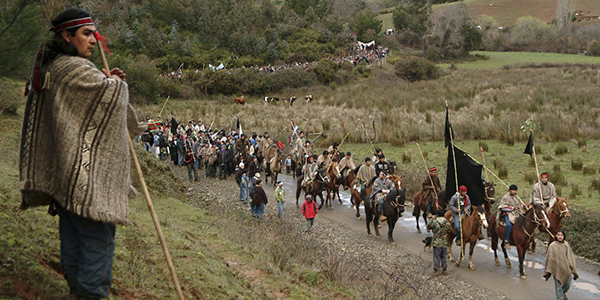

 MEDIA FOR CHANGE NETWORK2 weeks ago
MEDIA FOR CHANGE NETWORK2 weeks ago
 FARM NEWS2 weeks ago
FARM NEWS2 weeks ago
 MEDIA FOR CHANGE NETWORK1 week ago
MEDIA FOR CHANGE NETWORK1 week ago
 MEDIA FOR CHANGE NETWORK1 week ago
MEDIA FOR CHANGE NETWORK1 week ago
 MEDIA FOR CHANGE NETWORK4 days ago
MEDIA FOR CHANGE NETWORK4 days ago
 MEDIA FOR CHANGE NETWORK6 days ago
MEDIA FOR CHANGE NETWORK6 days ago
 MEDIA FOR CHANGE NETWORK2 days ago
MEDIA FOR CHANGE NETWORK2 days ago
 MEDIA FOR CHANGE NETWORK2 days ago
MEDIA FOR CHANGE NETWORK2 days ago


